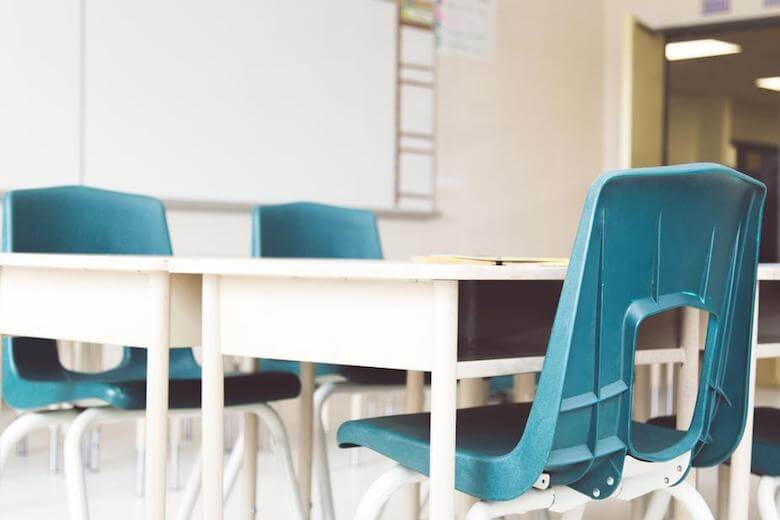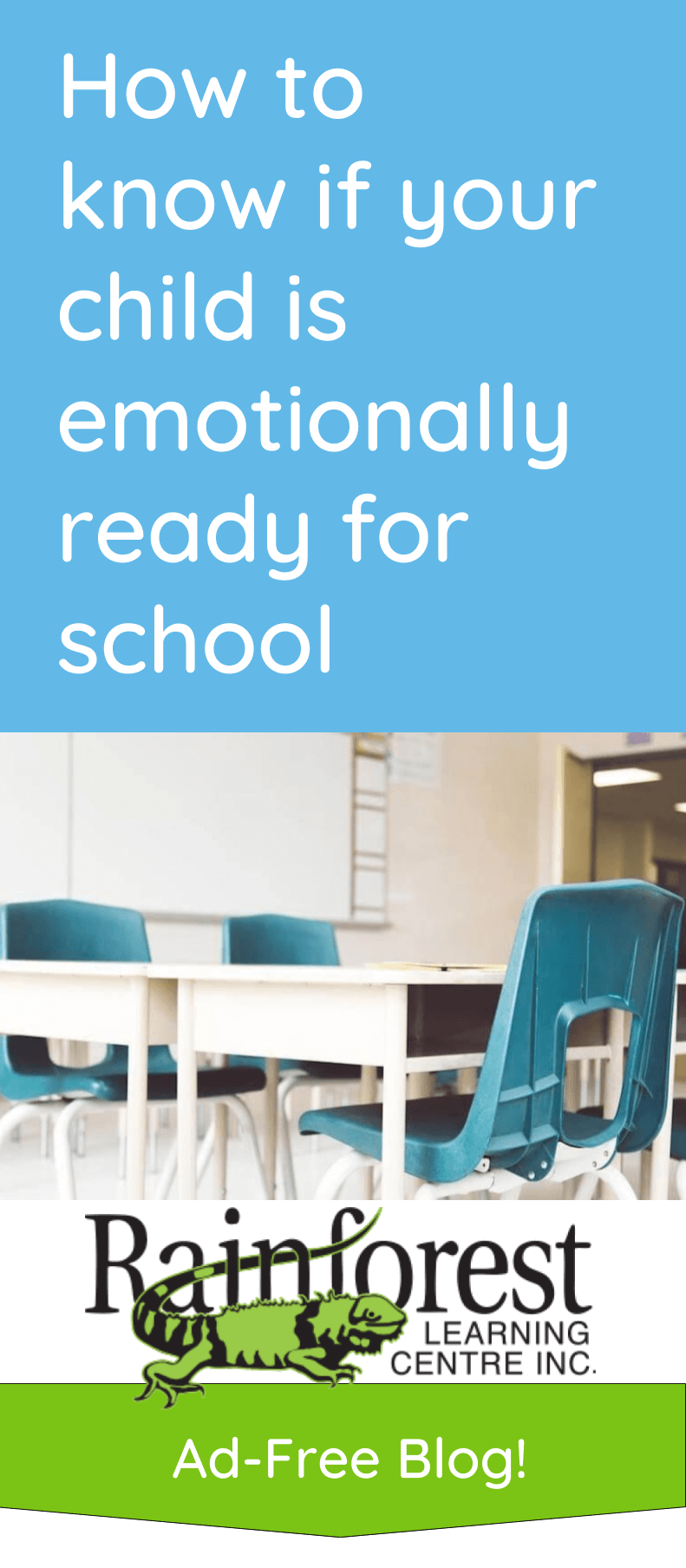
As your preschooler grows older, you will begin to consider when and how they should start their journey in formal education. They may be in daycare now, but is your child emotionally ready for school?
Surely, you will want your child to thrive in school from the very start. While there are legalities involved with when your child must start school in B.C., there are still many things you’ll want to consider before placing your little one in a public school setting with other kids.
For example, their age, health, and communication skills can make a difference in their transition to kindergarten. Per the focus of this article, one of the keys to success in early education also involves the social and emotional skills a young learner can bring with them to school.
Below are four social and emotional skills we feel a kindergartener should have before they start school.
1. A kindergartener should be willing to make friends and play well with others before entering school
Going to school with the acquired ability to make friends and play is important, no doubt. Social environments like daycare, preschool and kindergarten can be catalysts to help a child develop these cooperative skills, which they’ll need later in life. Before starting kindergarten, the important thing is that your early learner does have some experience playing cooperatively with others, and is willing to play with new people. This will help pave the way for an easy transition into school for your young child.
See related on our blog:
- 3 ways early childhood educators can help kids get along and feel included
- 3 ways to build confidence in young children
- What are the common types of play in childhood? Why are they important?
- The importance of eye contact in young children, and how to teach it as a social skill
Basic conflict resolution skills also strengthen an early learner’s success in school
Possessing conflict resolution skills goes hand-in-hand with making friends at school. According to the BBC, children from four to six are developing their social skills, so it is totally normal for them to face conflict with their friends. Conflict resolution skills can be as simple as practicing words to express frustration rather than hitting someone if you are upset with them. Learning to take turns and share will also help your young child prevent conflict. These emotional skills will help them play and learn happily at school.
See more on our blog:
- How to encourage problem-solving skills in toddlers and young children
- What is social competence in the early years?
- 3 ways early childhood educators can help kids get along and feel included
2. Independence with daily-life tasks can mark a child’s readiness for school
While your child may have had to be toilet trained for daycare, there are still other basic independence skills they’ll need to enter primary school with confidence. A kindergarten teacher may not notice if a pupil’s shoes are always tied, or if they are washing their hands before eating.
Does your child have the awareness to put on their jacket when it’s cold outside? Or to put things away when they’re done with them, and remember where they are?
While this sounds like a point that is not related to emotional readiness for school, it strongly correlates because it is a matter of overall maturity. Imagine how your child will feel if they can’t tie their own shoes at the school playground, or find their lunch and crayons, like all the other kids. This will affect their self-confidence too.
If your child does not yet have these skills by age 5, you may want to consult a doctor, or speak with an occupational therapist, to determine if the problem goes deeper than mere parenting choices.
See more on our blog:
- What is normal gross motor development in early childhood, and why is it important?
- How to teach playground safety at daycare
- What are normal fine motor skills to have in the early childhood years, and why are they important?
3. An ability to listen respectfully and follow instructions are needed for school readiness
If your young learner is able to regulate their emotions and bodily movements in order to sit and listen to a teacher, their transition to school will be quite smooth. Especially in early childhood education, there is a lot of teacher-led story time. So, being able to listen quietly while an adult reads a story is a great skill to bring to school.
The same is true of following instructions a teacher may give. Can you child stand in line? Follow simple sports rules? Or copy what someone is doing?
See related on our blog:
- How to maintain attention span in young children: what we learn from daycare
- How to teach impulse control in early childhood
- Preschool sports ideas to play in early childhood, and their benefits
- 5 examples (types) of informal education in early childhood
- What are age-appropriate manners for preschoolers in early childhood?
- 3 key strategies to teach manners to toddlers and preschool-aged children
4. Kindergarteners should be able to make an effort to express and identify their emotions
Starting school can come with a wide array of emotions, from frustration to excitement to nervousness about being separated from their home environment and familiar faces. It is important that a young learner has the tools to communicate how they’re feeling. This will help them avoid getting overwhelmed by their emotions. Parents.com recommends helping children label their emotions in order to be able to express how they feel. This will help them understand what they’re feeling and give them an idea of how they can talk about their emotions.
See related on our blog:
- 3 Key tips to understand and solve temper tantrums in toddlers and young children
- 3 ways to build self-awareness in early childhood
- What is normal emotional intelligence in toddlers and preschoolers?
What to do if you’re still unsure about your child’s emotional readiness for school
Of course, if your child is not able to demonstrate all of these skills, that doesn’t necessarily mean they should not start school. There are several other factors to consider, aside from emotional readiness. Ultimately, you know your child best, and you may know whether it’s time for them to start their journey in formal education. And, we understand that, allergies or potential disabilities like dyslexia, Autism or even giftedness may cause you to consider other schooling options.
If you are still on the fence about your child entering a regular group classroom for kindergarten by age 6, the best thing is to set up an appointment with a doctor, therapist, early childhood education specialist or other professional consultant. Eventually, you’ll need to let your local school authorities know about your child’s situation. Perhaps there are other options, such as homeschooling, or support programs available to help.
See related on our blog:
